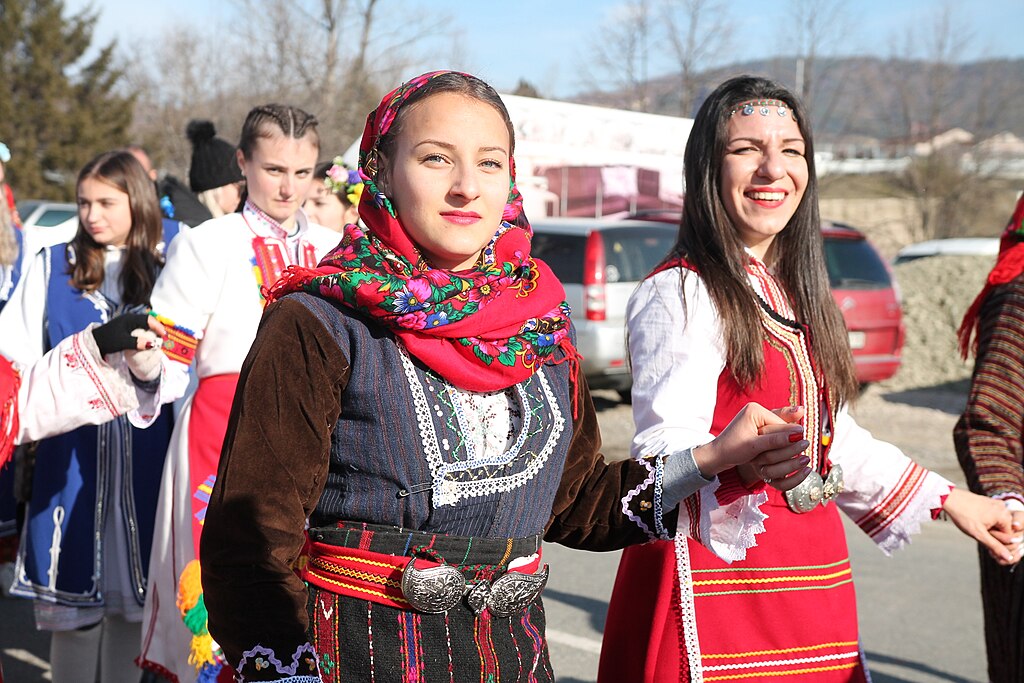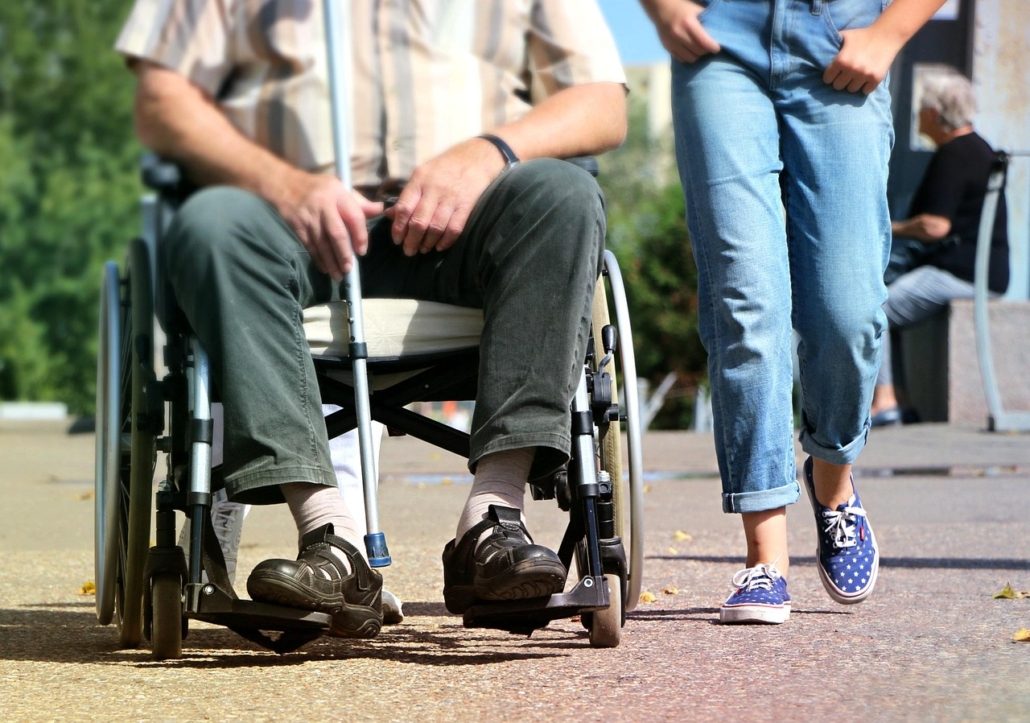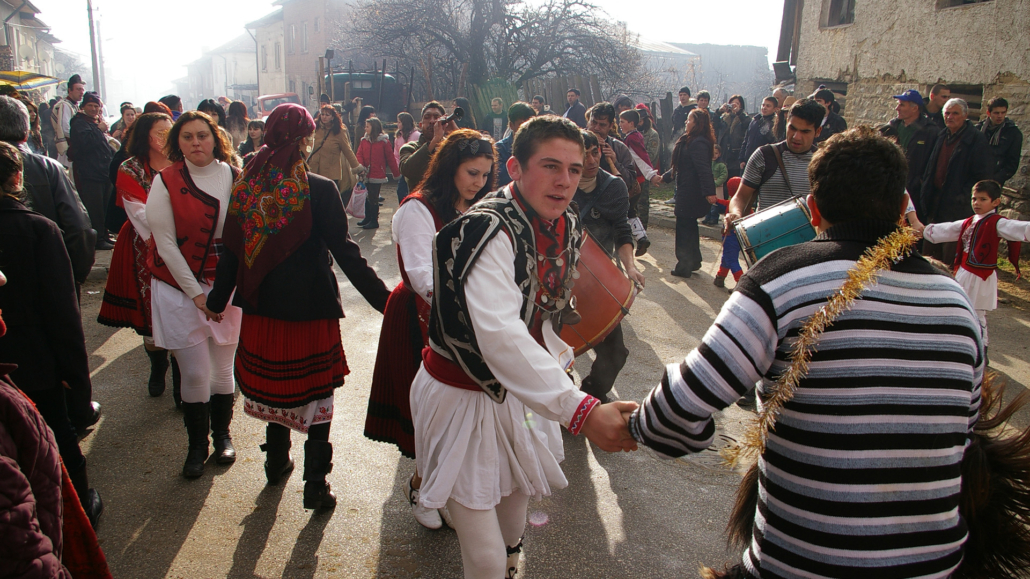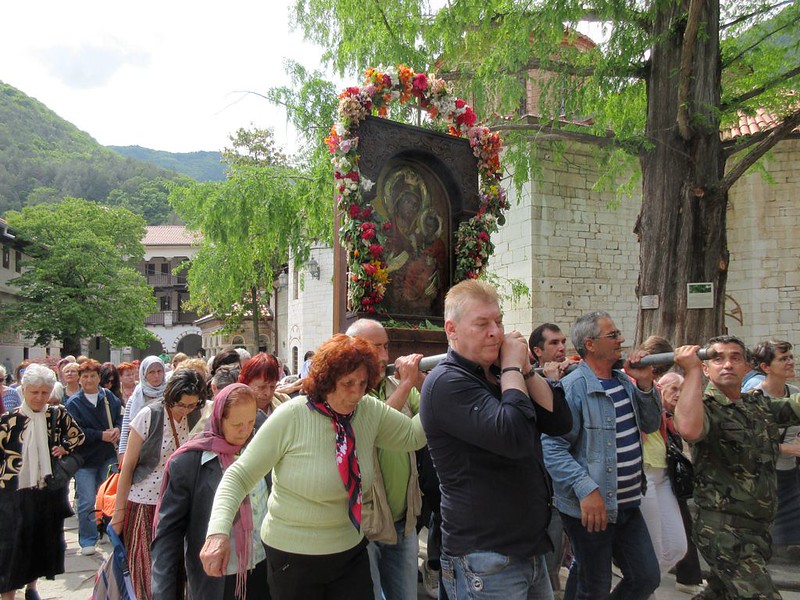 Bulgaria has made notable progress in improving conditions for women, including higher employment and workforce participation rates. However, gender inequality remains a widespread issue. The 2023 Gender Equality Index indicates that Bulgaria still ranks below the EU average, despite an increase by 4.4 points since 2020.
Bulgaria has made notable progress in improving conditions for women, including higher employment and workforce participation rates. However, gender inequality remains a widespread issue. The 2023 Gender Equality Index indicates that Bulgaria still ranks below the EU average, despite an increase by 4.4 points since 2020.
The gender wage gap in Bulgaria serves as a key indicator of progress in economic and social gender equality. For every euro men make per hour, women earn 86 cents. By closing the gap, the risk of poverty amongst women and vulnerable groups can be significantly reduced.
The Gender Wage Gap in Bulgaria
The gender wage gap reflects the difference between the average hourly earnings of men and women. According to the European Commission, the gender wage gap in Bulgaria currently ranks 2% below the EU average of 16.2%, placing the gap at 14%.
A study that the Zangador Research Institute conducted reveals that the health care, finance and insurance sectors have the largest pay disparities. Women were found to earn more than men in just two fields: construction and support and administrative services.
Understanding the Gap
There are many underlying reasons that explain the gender wage gap in Bulgaria. Understanding the factors behind pay disparities helps highlight the specific challenges women face in the workplace.
- A Divisive Labor Market: Men and women tend to cluster in different trades, creating pay disparities, sectoral segregation and career barriers. Fields like teaching and sales, which employ a larger share of women, typically offer lower wages. Comparable sectors that require similar levels of experience and education often pay more.
- Men Typically Dominate Leadership Roles: Men more frequently receive promotions, leading to faster career advancement and higher earnings. However, more women have entered managerial roles in Bulgaria. In 2014, women led one inf four firms; by 2019, that figure rose to one in three. Despite this growth, a 2022 World Values Survey found that one-third of Bulgarians still believe men make better executives than women.
- The “Dual Burden”: Women carry out more unpaid labor, including childcare, housework and caregiving. These responsibilities often reduce their working hours. In Bulgaria, nearly three-quarters of women perform household duties daily, compared to just one-tenth of men.
Poverty Amongst Women in Bulgaria
Financial improvements in Bulgaria across 2006 to 2014 doubled the standard monthly wage for men and women. However, data from the Gender Equality Index in 2019 indicates 24% of women and 20% of men are still at risk of poverty. Single women faced the highest risk at 52%, followed by disabled women at 39%.
Reducing the gender wage gap in Bulgaria lowers the risk of poverty amongst women and helps create greater equality in the workforce. To secure economic empowerment for women in Bulgaria, policymakers must address the gender wage gap by establishing equality in the labor market.
What the Future Holds
Since joining the EU, Bulgaria has seen improved living standards, though income disparities persist. The 2021-2030 National Strategy for Promoting Gender Equality outlines concrete legal and policy measures to support disadvantaged groups. The Bulgarian government approved this strategy in 2020 and continues to lead efforts to eliminate gender inequality and social exclusion.
The program aims to establish equality between men and women in the workplace, reduce the gender wage gap and promote women’s economic independence. In 2021, the government upgraded the employment policy framework to strengthen women’s economic empowerment and increase their participation in the workforce.
The Ministry of Labor and Social Policy aims to implement key objectives of the Employment Priority Strategy. Policymakers will encourage employers to create jobs for disadvantaged groups, thereby increasing the participation of women from vulnerable communities. These measures directly support the core aims of Bulgaria’s National Development Program, specifically Objective 1: Eradication of poverty and Objective 5: Achieving Gender Equality and Empowerment of All Women and Girls.
Additionally, the EU Pay Transparency Directive will require employers to monitor and report gender pay statistics. Starting in June 2027, companies with 150 or more employees must submit annual reports using the prior year’s data. Businesses with 150-249 employees will report every three years, while those with more than 250 will report annually.
Looking Ahead
Ongoing policy initiatives signal a promising path towards narrowing the gender wage gap and advancing economic equality for women in Bulgaria. By actively addressing pay disparities, policymakers can reduce the risk of poverty amongst women and create more equitable economic opportunities across Bulgarian society.
– Beatrice Punt
Beatrice is based in Manchester, UK and focuses on Business and New Markets for The Borgen Project.
Photo: Wikimedia Commons




